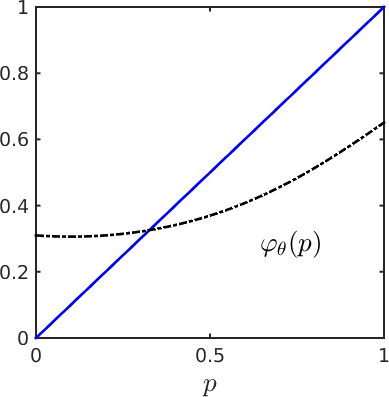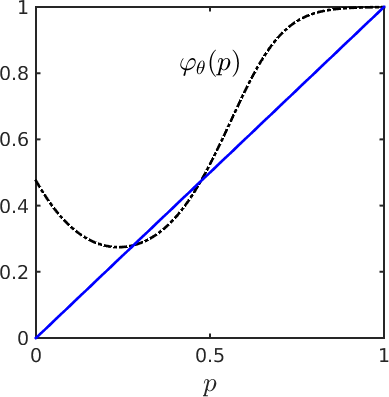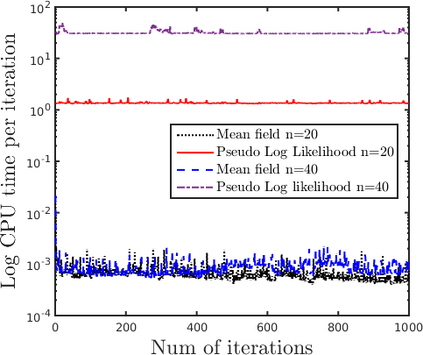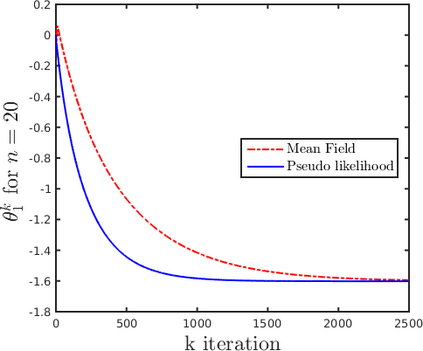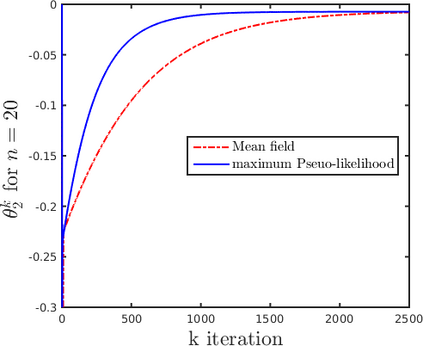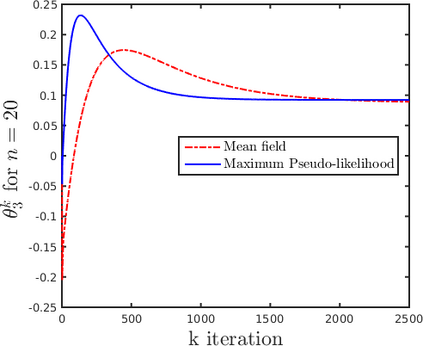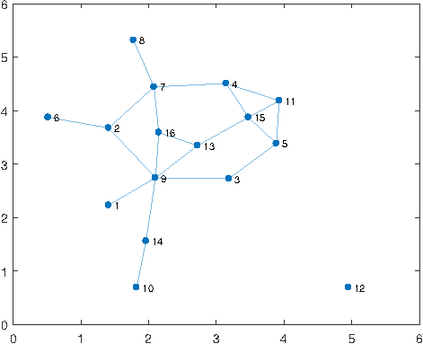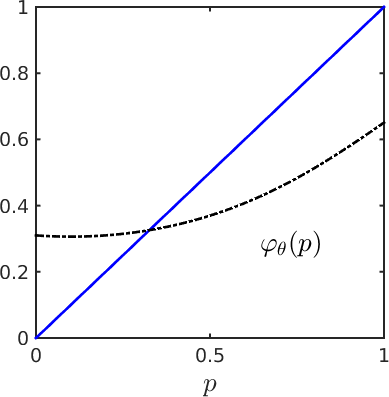An important issue in social network analysis refers to the development of algorithms for estimating optimal parameters of a social network model, using data available from the network itself. This entails solving an optimization problem. In the paper, we propose a new method for parameters estimation in a specific social network model, namely, the so-called p-star model with three parameters. The method is based on the mean-field approximation of the moments associated with the three subgraphs defining the model, namely: the mean numbers of edges, two-stars, and triangles. A modified gradient ascent method is applied to maximize the log-likelihood function of the p-star model, in which the components of the gradient are computed using approximate values of the moments. Compared to other existing iterative methods for parameters estimation, which are computationally very expensive when the number of vertices becomes large, such as gradient ascent applied to maximum log-pseudo- likelihood estimation, the proposed approach has the advantage of a much cheaper cost per iteration, which is practically independent of the number of vertices.
翻译:社会网络分析中的一个重要问题涉及利用网络本身提供的数据为估计社会网络模型的最佳参数而开发算法,这需要解决一个优化问题。在文件中,我们提议了一种在特定社会网络模型中进行参数估计的新方法,即所谓的P-star模型,其中有三个参数。该方法基于与确定模型的三个子集相关的时间的平均值,即:边缘、两颗星和三角的平均值。采用了一种经修改的梯度乘法,以尽量扩大p-star模型的日志类函数,在这个模型中,梯度的组成部分是使用时间的近似值计算的。与其他现有的参数迭代方法相比,参数估计方法在脊椎数量大时计算非常昂贵,例如梯度用于最大log-psedo-可能性估计的梯度,拟议方法的优点是每次循环成本要低得多,这实际上与脊椎的数目无关。

